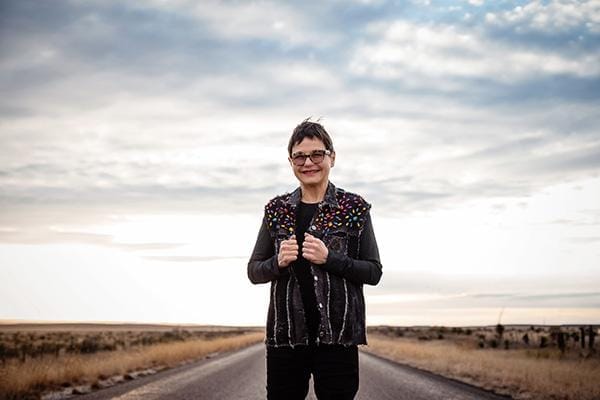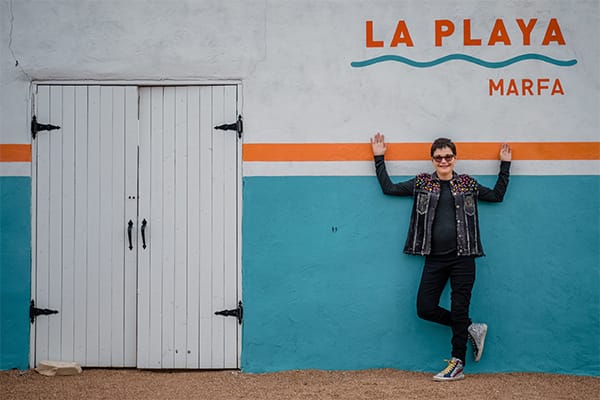I have noticed that when cases don’t settle at mediation it is because of one of two reasons.
REASON ONE: EMOTIONS
One reason is emotions. It is rare, but sometimes the parties come to mediation only because it was mandated by the court. The parties just don’t want to settle under any circumstances. However, for the most part one of the two reasons that cases don’t settle is because of emotions. These are some examples.
1. The plaintiff is emotionally tied to the case and doesn’t want to give it up.
2. The plaintiff wants the case to fix everything that has happened in his/her life and wants the defendant to be humiliated in court.
3. The plaintiff’s attorney doesn’t want to settle because he/she is pissed at the other side and wants a showdown in the courtroom.
4. The defendant can’t stand the thought of giving the plaintiff one dime and is emotional about the case.
5. The defendant doesn’t see any way he/she can lose.
6. The defendant has already spent a lot in attorney fees and doesn’t want to pay any more money.
7. The defendant’s attorney doesn’t want to settle for personal or financial reasons.
Whee…there are a lot of reasons a mediation can derail. I think these problems can be overcome. This is what a good mediator does. Our job is to help the parties deal with their emotions. The bigger problem to settlement is the second reason cases don’t settle and it is the problem of unrealistic views of the value of the case. This applies to both sides. Believe me, I see unrealistic settlement amounts from both plaintiffs and defendants.
REASON TWO: UNREALISTIC SETTLEMENT AMOUNTS
Nobody has to settle. All lawyers know this. There is no bigger high than winning a trial and no lower low than losing a trial. Trials are a roller coaster of emotions. Lawyers like this type of adrenaline high, but normal people don’t. No one, other than lawyers, really likes to go to trial.
So what happens at mediation? Many times the parties have unrealistic views of what the case should settle for at mediation. Let’s take plaintiffs first. The attorney is the advocate (I like to say warrior) for the client. The attorney is looking at getting the most possible money for their client. In addition, the attorneys have to pay their light bills too. So sometimes the amount wanted at mediation to settle is not going to happen. It is too high. When the number is very high, it doesn’t put any pressure on the defendants. If you have defendants that don’t want to settle (see Reason 1) they are glad when the plaintiff is too high in his/her demand. They didn’t want to settle anyway. When the plaintiff doesn’t get in the “zone of possibility” no pressure is placed on the defendants. What is the Zone of Possibility? This is my term for a range of settlement amounts that could be possible. It may be higher than the defendant wants or lower than the plaintiff wants, but it is in a Zone of Possibility. Even if the parties get close to a Zone of Possibility, it still puts pressure on the other side. You want to make the other side nervous if they don’t settle. In order to do this you have to be in the Zone of Possibility.
I don’t like the phrase that a good mediation is one where both sides leave mad. No way. A good mediation is when we get in a Zone of Possibility and the parties settle. One or both sides end up with a number that they hadn’t considered, but all in all, they are happy that the case settled.
Let’s look at the problem of unrealistic settlement amounts from the point of view of the defendants. Defendants, you have to put enough money on the table to make the plaintiffs nervous about leaving it there. What I see often is the “why do I have to go first” problem. The plaintiffs are in the stratosphere of high demands (and they know it) and the defendants have offered bread crumbs to settle. Both sides know they are off base but no one wants to go first. The plaintiffs say “why should we come down when they have offered bread crumbs,” and the defendants say “why should we put serious money down, when the plaintiffs are on the moon with their demand.” No one wants to go first. It’s hard for the defendants to offer money when the plaintiffs are very high in their demand, but until we get some money on the table, we aren’t going to be able to put pressure on the plaintiffs. Once we approach the Zone of Possibility, settlements can happen.
You have to be patient and work with people’s emotions. Treating them with respect is also key. No one wants a lecture about why their case is good or bad. What they do want is help getting to the Zone of Possibility.
I would love to help you get there.



